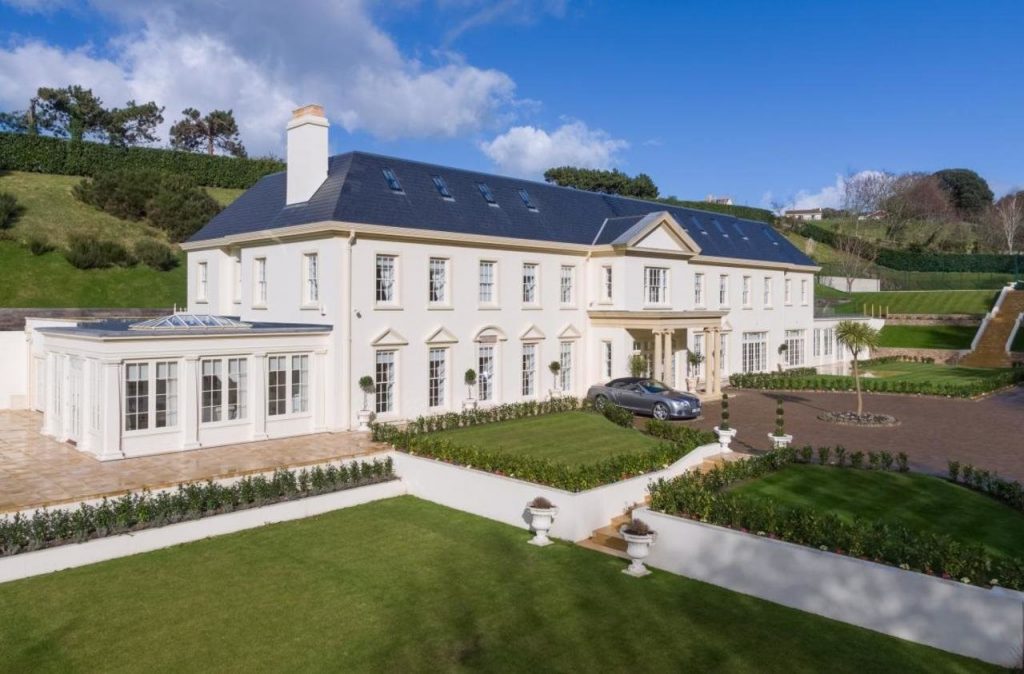Quantum Wealth Summary
- Since Covid-19, stimulatory money has flooded housing markets and escalated prices.
- Institutional investors are moving into residential housing at scale.
- What does this mean for private landlords?
- Will residential property have the defensive growth outlook investors have come to expect?
- What opportunities exist to invest in residential property on the financial markets?
- We look at 2 listed opportunities in residential housing in New Zealand and the UK.
Think your housing market is tough?
Try the island of Jersey, near the French coast. 8km long and 14.5km wide. They used to joke that it comprised 10,000 alcoholics clinging to a rock.
Well, when I lived there, the population was around 108,000. The alcoholism rate was still among the highest in Europe.
I was one of the 500 ‘licensed’ workers who move there every year. Along with hundreds more ‘registered’ workers and their dependents.
And a smaller handful of the prized 1(1)ks. Individuals with ‘annual worldwide earnings comfortably in excess of £725,000 per year and sustainable’, who also agree to lease or buy a high-value property ‘valued in excess of £1.75 million’.
Landscape Farm, near St Helier, Jersey. One of many mansions on the island on offer over £12 million.
Source: Mansion Global
Jersey is deadly expensive for ordinary folk too. Across the island, the average cost for a property is £533,000, surpassing even London (£491,000 on average).
But what is it like to live there?
My wife and I were licensed workers — carrying licensed registration cards.
Generally, these are only issued to needed workers in the finance industry or people bringing business the island needs. Your licence is for up to five years.
To become ‘entitled’ — where you can live, rent, and own property on the island permanently — you need to stay for 10 years. And if you leave for too long, you can still lose that status.
Building for growth
Despite the small space, there are regular developments of row houses and flats being erected across the island. In available paddocks, or as conversions of older buildings.
There are a few developers on the island with good reputations built over time. And some fly-by-nighters, which leave surface glamour but underlying woe.
The high cost of housing, population growth, and prevalence of upper incomes makes the property sector attractive for both developers and investors.
Recently, there was an announcement from a company I’ve been investing in since Brexit in 2016…
